SAVAR, July 30 (V7N)– Bangladesh Nationalist Party (BNP) Secretary General Mirza Fakhrul Islam Alamgir today accused "deposed fascist ruler" Sheikh Hasina of killing people and students in an effort to maintain power.
Speaking at a public meeting organized by the Dhaka District BNP in honor of the family members of the July uprising martyrs, held at the Ganakbari Darul Ihsa Madrasa ground in Ashulia this afternoon, Fakhrul asserted that Sheikh Hasina is "inciting violence in Bangladesh from India," citing the recent events in Gopalganj as an example. He urged everyone to remain vigilant against such instigation.
"The way Hitler burned people during World War II, people were burned to death in Ashulia," the BNP Secretary General claimed. "Our goal was supposed to be achieved after the 1971 war, but the dictatorial government wanted to remain in power forever by using the state apparatus. By the infinite mercy of Allah, we were freed from the hands of that monster through the sacrifice of thousands of martyrs."
Fakhrul highlighted the BNP's long-standing commitment to state reform. He mentioned that BNP Chairperson Begum Khaleda Zia presented a "Vision 2030" in 2016 aimed at bringing the country to the right place, while the party's acting Chairman Tarique Rahman put forward a "31-point program" in 2022 to reform the state structure.Despite the fall of the former government, Fakhrul stated that "the nation is yet to return to democracy in real sense."
The program was virtually addressed by BNP Acting Chairman Tarique Rahman as the chief guest. Other prominent BNP leaders present included standing committee member Gayeshwar Chandra Roy, Chairperson's advisory council member Aman Ullah Aman, publicity secretary Sultan Salauddin Tuku, joint secretary general Shahid Uddin Chowdhury Annie, and Dhaka Metropolitan North convener Aminul Haque.
The public meeting was presided over by Dhaka district BNP president Khandaker Abu Ashfaq and moderated by district general secretary Nipun Roy.
At the beginning of the meeting, relatives of the families of those martyred in the anti-discrimination student movement in Savar shared their experiences, with many reportedly breaking down in tears. They were subsequently presented with honorary crests.
Contextual Information:
July Uprising 2024: The July mass uprising in 2024 was a series of widespread protests, initially sparked by demands for quota reform in government jobs, which escalated into a broader anti-government movement demanding the resignation of then-Prime Minister Sheikh Hasina. The protests, primarily led by students, were met with a severe crackdown by state forces and ruling party affiliates, leading to significant casualties. Sheikh Hasina ultimately resigned on August 5, 2024, and subsequently left Bangladesh for India, where she has been residing in a safe house in Delhi.
Sheikh Hasina Inciting Violence: Fakhrul's accusation that Sheikh Hasina is inciting violence from India refers to reports and claims made by various political entities and the interim government since her departure. The recent violence in Gopalganj, the ancestral home and stronghold of Sheikh Hasina and the Awami League, has been attributed by some, including the newly formed National Citizen Party (NCP), to supporters of the Awami League and its banned student wing, Chhatra League.
"Fascist Awami President Chuppu": This likely refers to former President Mohammed Shahabuddin, who was affiliated with the Awami League and resigned from his post shortly after the uprising.
BNP's Vision 2030 and 31-Point Program: The BNP's "Vision 2030," unveiled by Khaleda Zia in 2016, outlined a broad framework for governance and development, emphasizing democracy, good governance, economic growth, and social justice. Tarique Rahman's "31-point program," presented in 2022, further detailed proposed reforms to the state structure, including constitutional, administrative, electoral, and economic changes, with a strong focus on establishing a "people's government." Both initiatives underscore the BNP's consistent push for systemic reforms in Bangladesh.
END/MSS/RH/



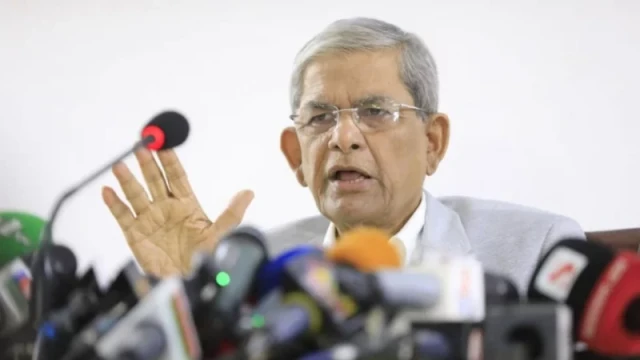
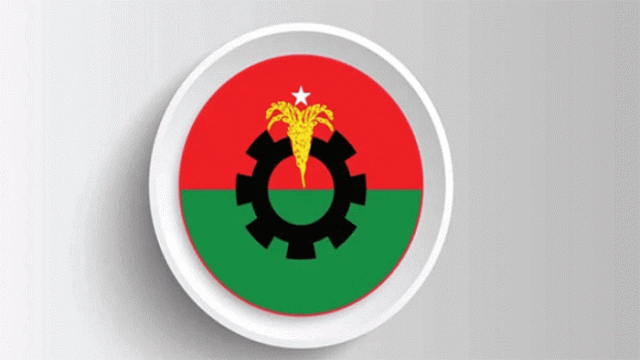

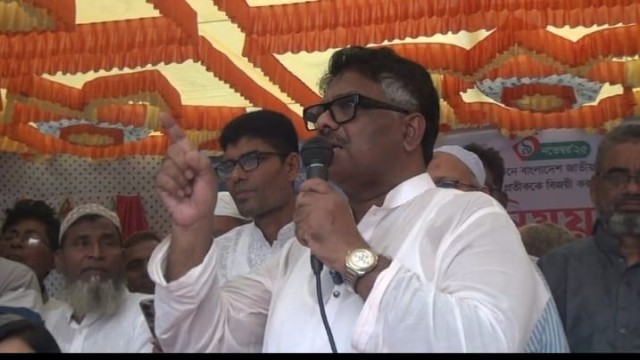
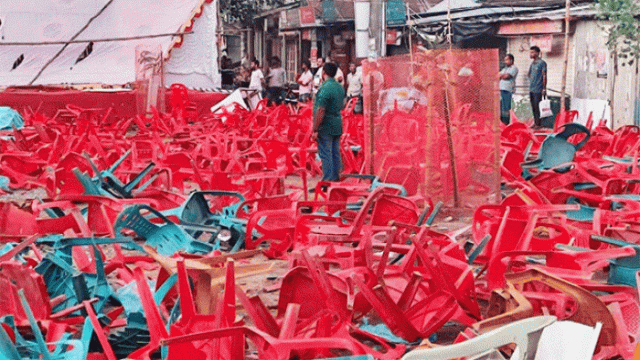
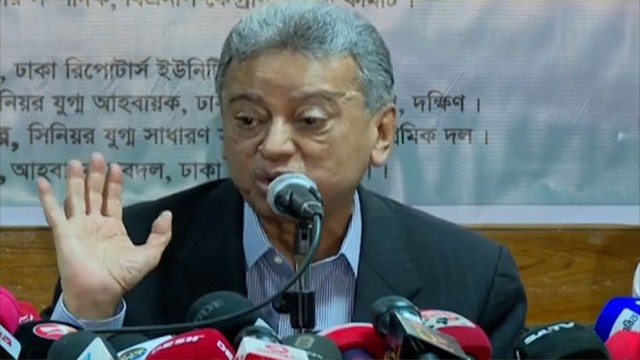
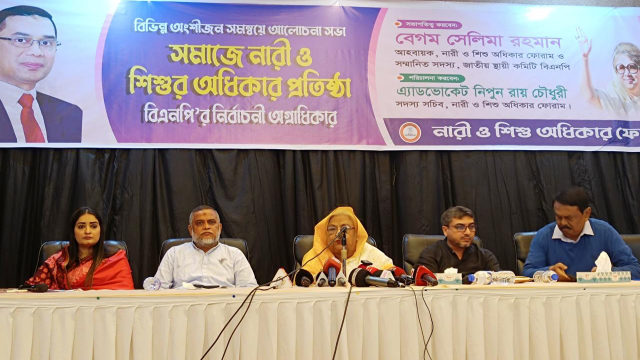
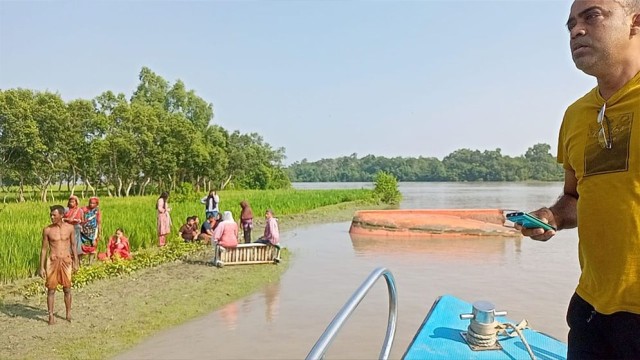
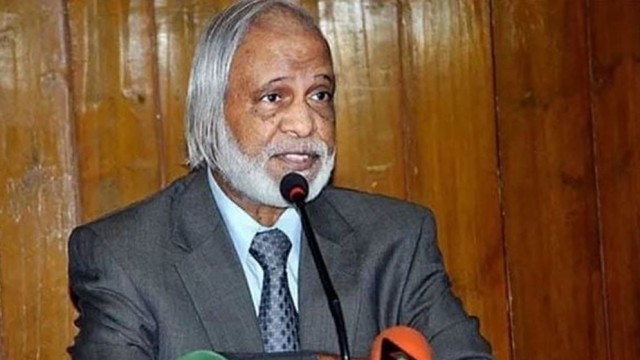
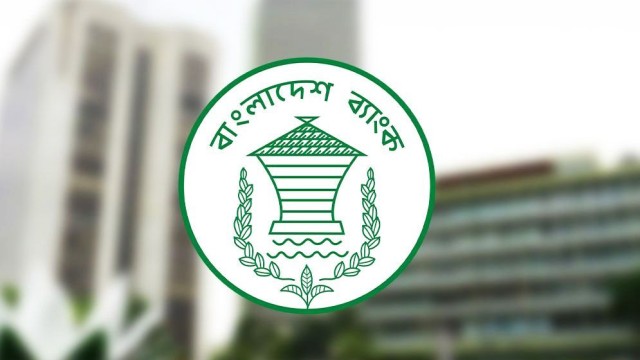
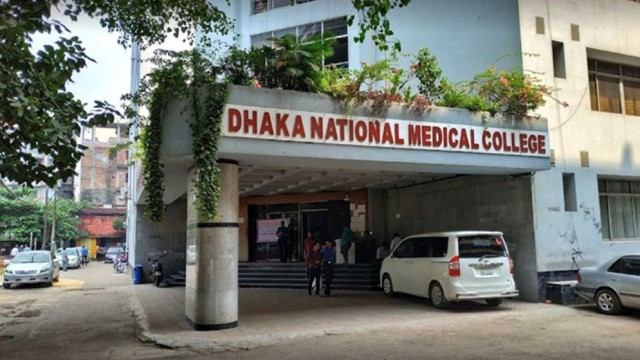
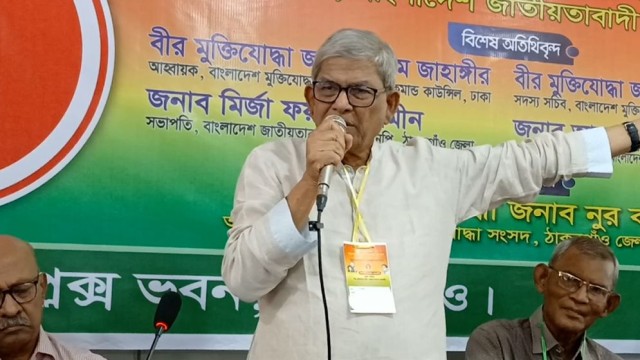
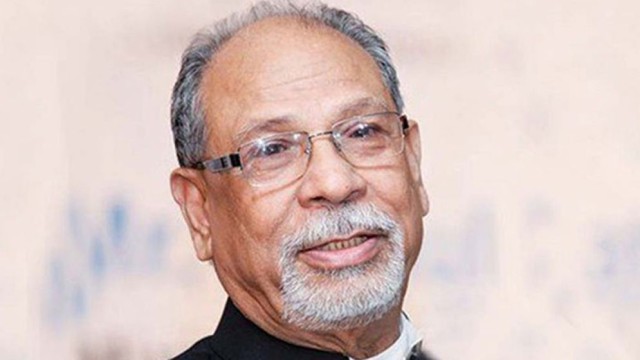
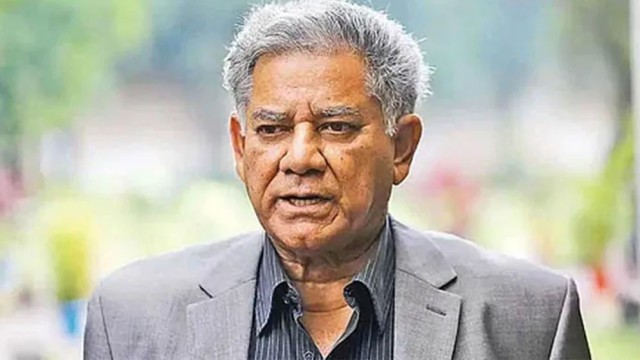


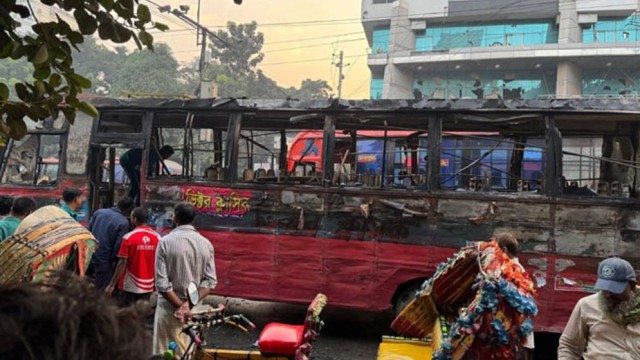


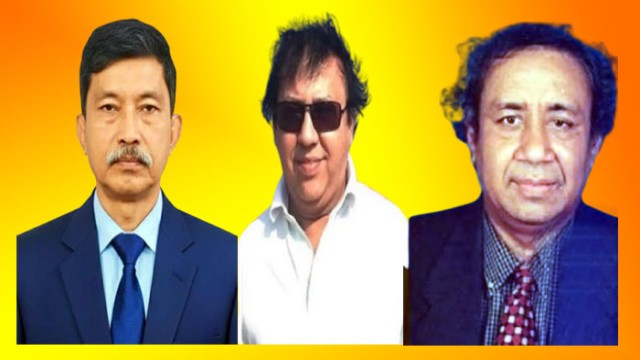
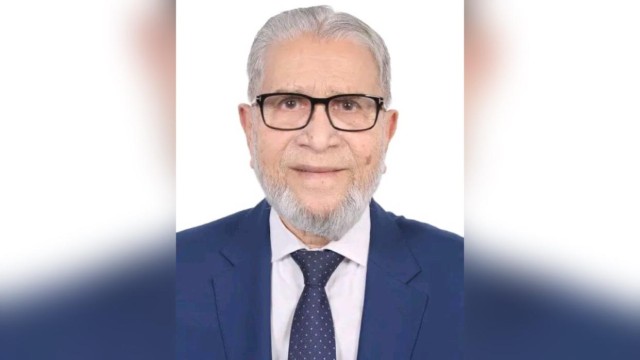
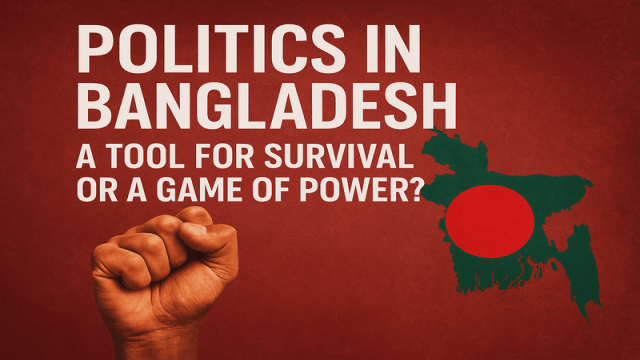
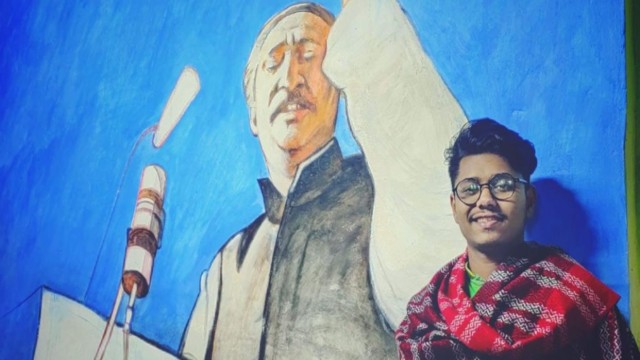
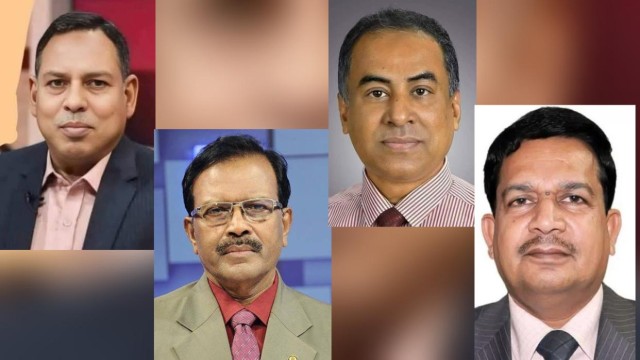
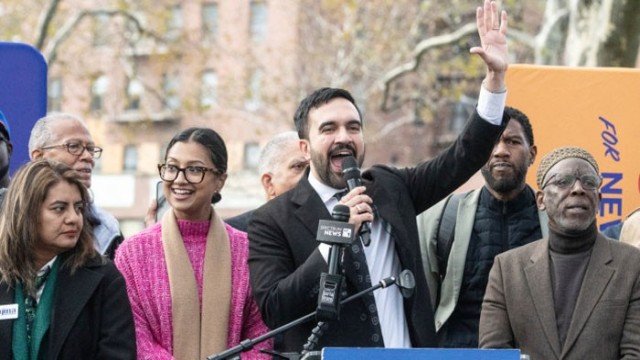
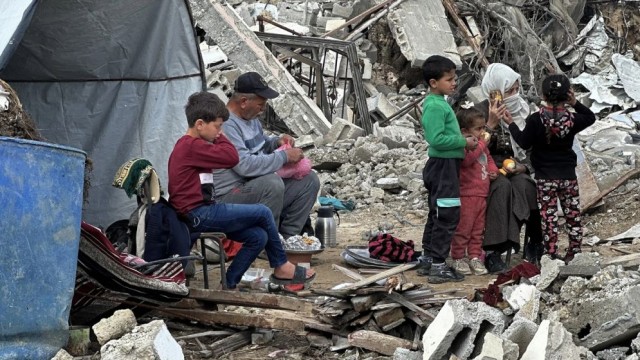
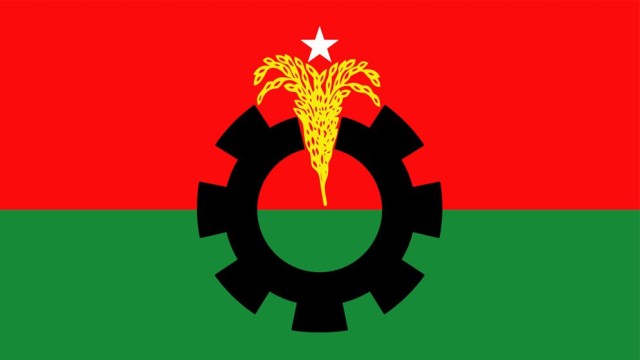
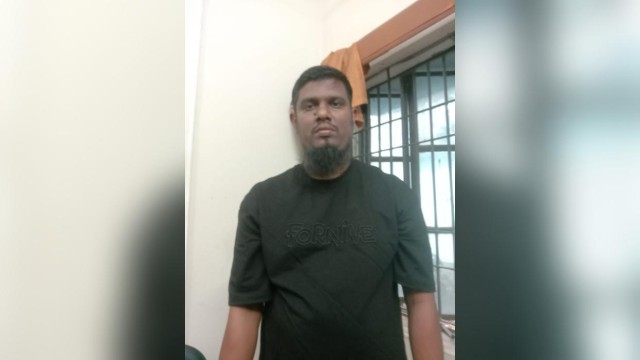
Comment: